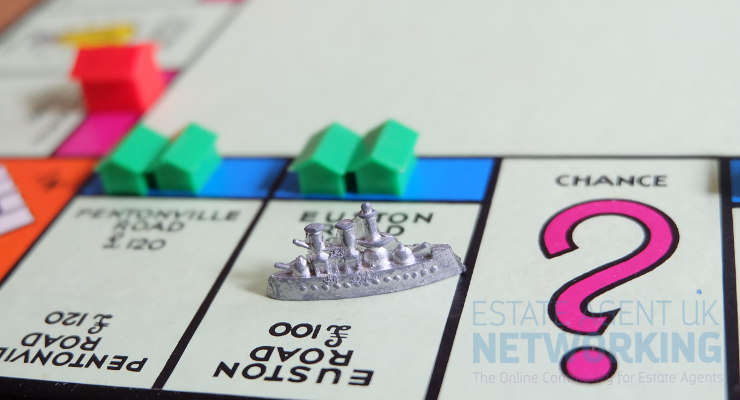5 Tips for First-Time Property Investors
Are you considering investing in property? When done right, property investment can be an incredibly lucrative business, but it comes with a lot of risks. It really pays to plan your strategy, be aware of the decisions you need to make, and know how to be smart with them. Here we take a look at a few key things you can do at the beginning of your new venture to get off to the best start.
1. Make a Plan
Before you really get started, it’s important to think about what you are actually looking to gain from property investment, and what approach you want to take. Some things you might want to consider include:
• Are you looking for a dependable second income (e.g. a buy to let investment)? If so, consider your options for finance. For example, would you need a buy-to-let mortgage?
• Do you want a holiday home that you can use to generate income when you’re not using it? If so, consider whether this is financially viable.
• How do you feel about capital gain? Do you want a long-term hold or a short-term renovation project (aka house flipping)?
• What options are available in your price range? Do your research. Check out a range of different investment opportunities UK before you commit.
2. Consider Your Role
When thinking about investing in property, you should work out what kind of role you want to have within the market. Are you considering being a hands-on landlord of a property, or do you want a share in a property that requires no further input from you? These kinds of considerations will inform the kind of property you invest in.
3. Keep Track of Your Finances
First, you need to know what you can afford to spend on investment and stick with it. Once you’ve decided on a property or investment opportunity, budget your finances to the last penny. Being successful in property investment really depends on getting your finances right, so be prepared to take care of the numbers yourself or get someone to help.
When budgeting, think about legal fees, materials, labour, or any other cost you might incur in the process. If you’re planning to sell the property, calculate your potential ROI (Return On Investment), or work out your expected yield for rentals.
4. Set a Timeframe
Once you’ve thought about what you want to achieve in general, what your input will be, and how much you can afford, you should consider timeframes. The kind of investment you want to make may determine your timeframe for you, or your timeframe may determine the investment path you ultimately follow.
For example, if you decide you want to make a profit over a short period of time, a short-term renovation with a quick sale may be the best route to take. Alternatively, if you are looking for a stable, regular income from your investment, a long-term buy-to-let may be the best option for you.
5. Know Your Exit Strategy
It’s important to keep track of the market to know when it might be necessary to sell or pull out of particular investments. As with purchases, timing is everything. Keeping an eye on the market and judging when you may need to sell up or cut your losses will help prevent you from losing substantial sums of money. Consider planning a workable exit strategy at the beginning of your investment, as this will save you a lot of time and stress later down the line.
Conclusion
Property investment is an exciting new venture, but one that requires a lot of forethought. If you think that property investment might be right for you, start by researching your options and making a plan to guide your decisions.









